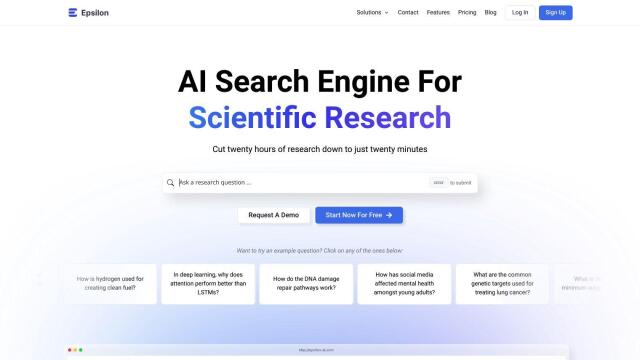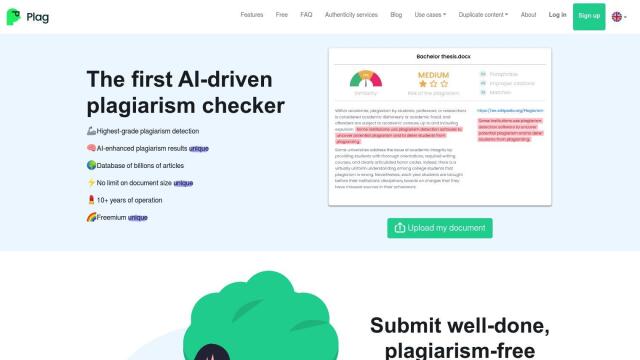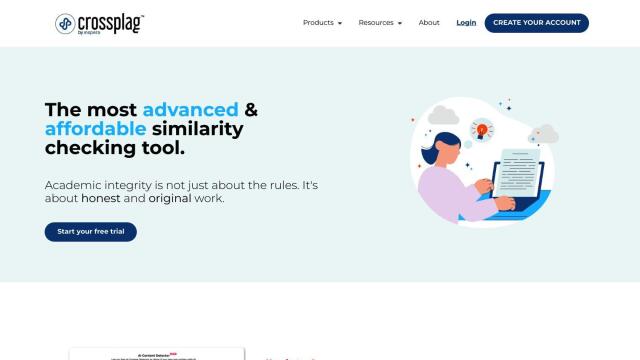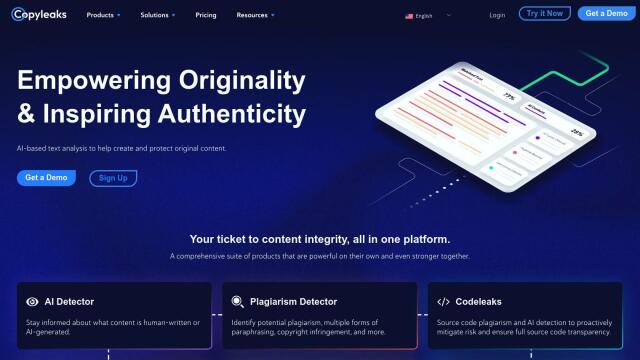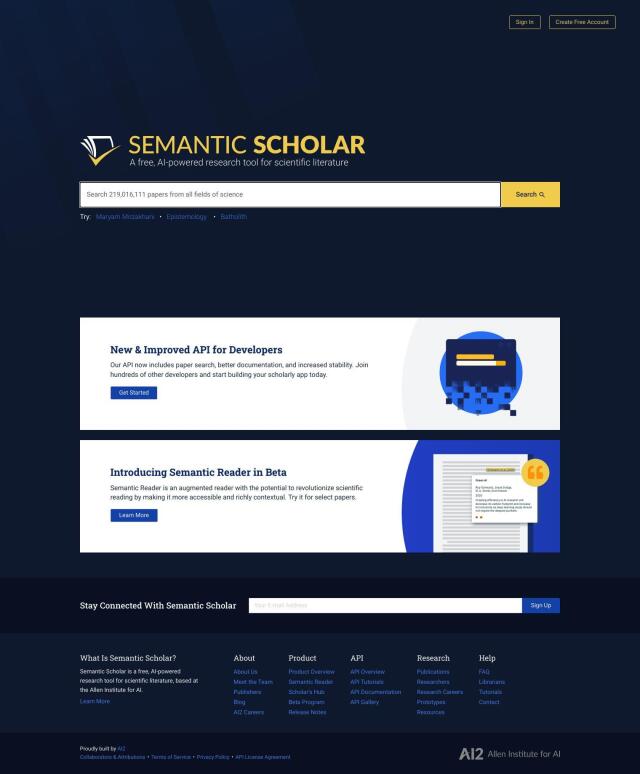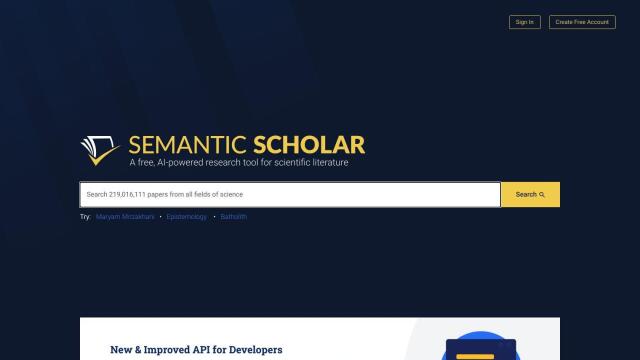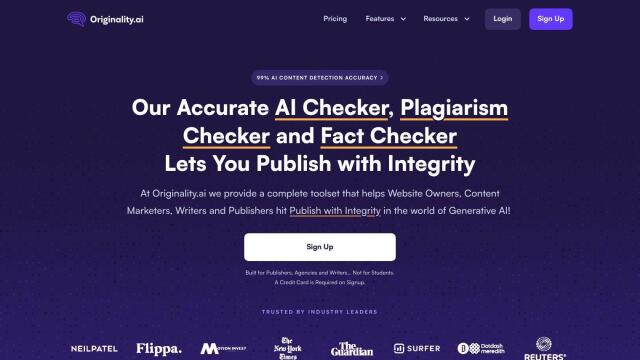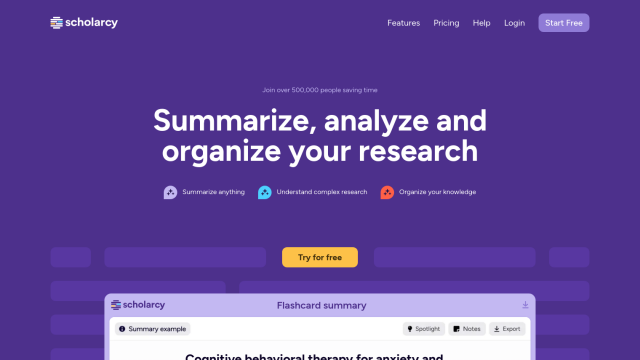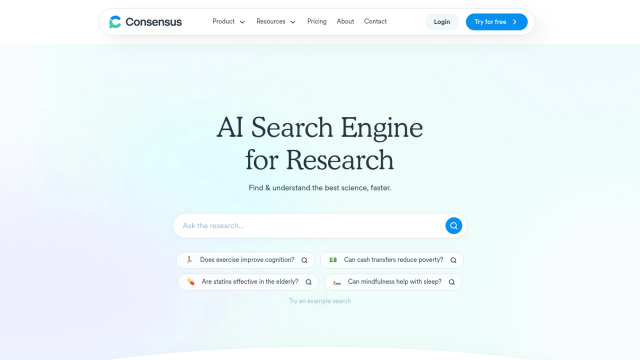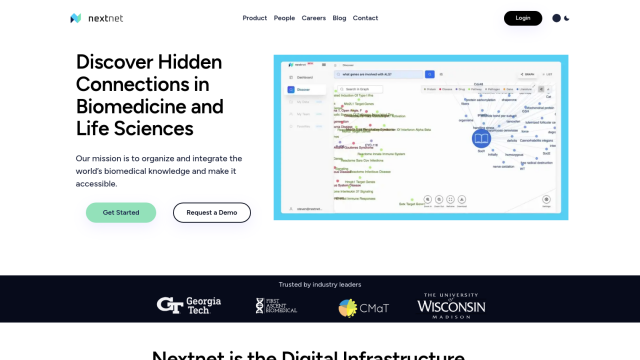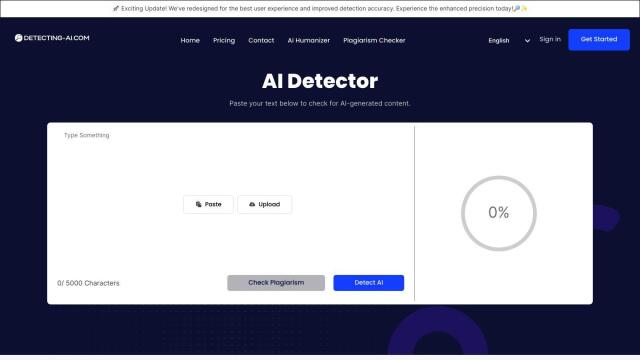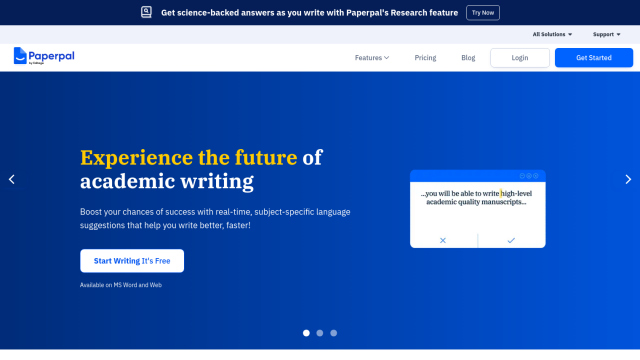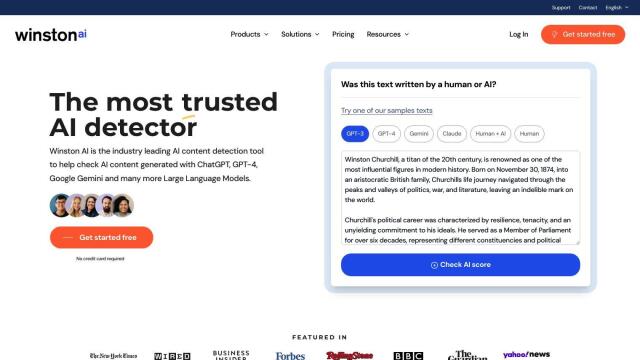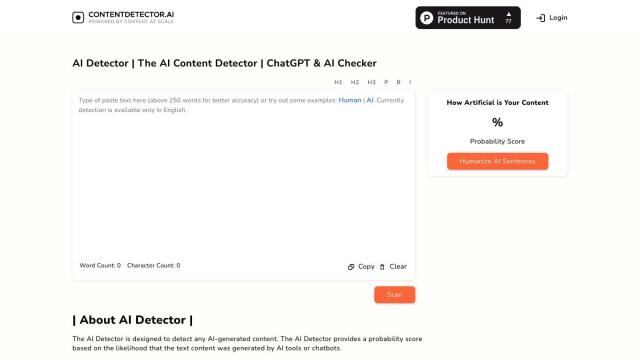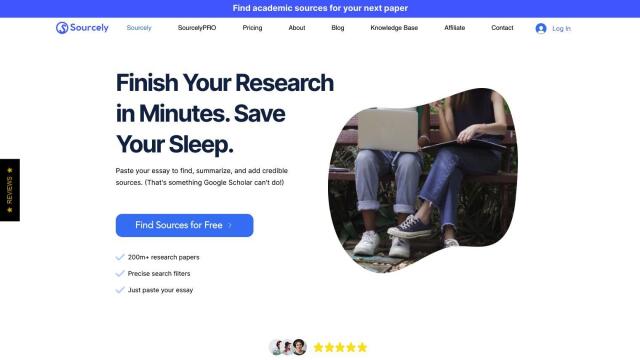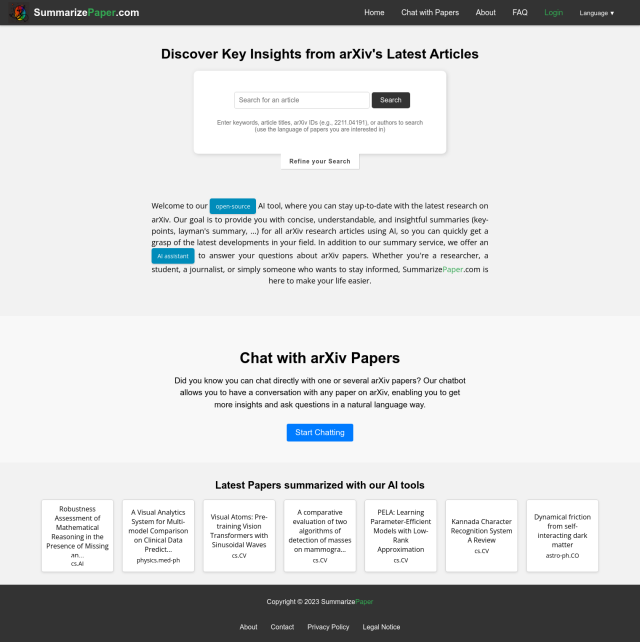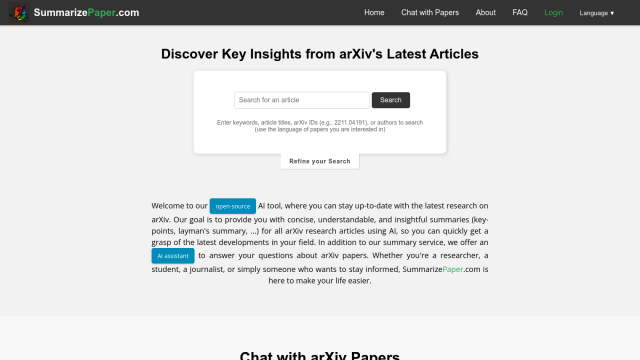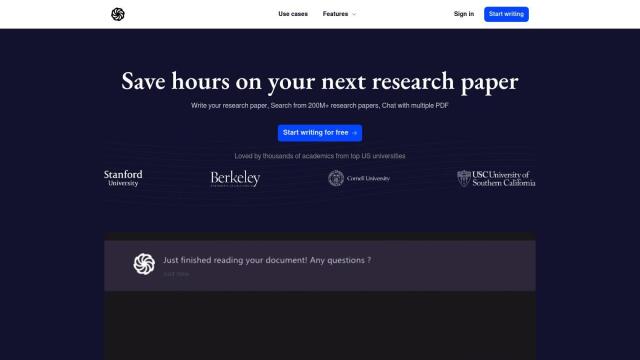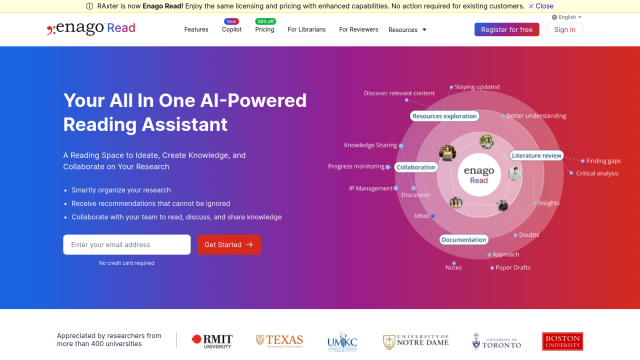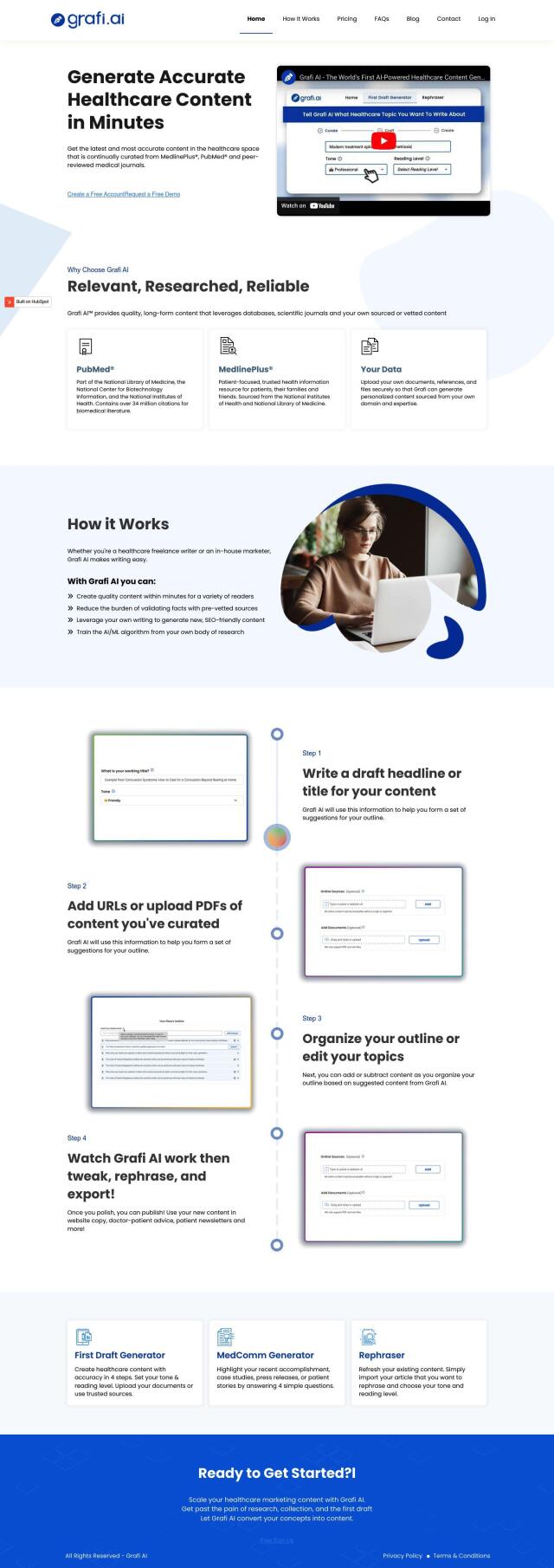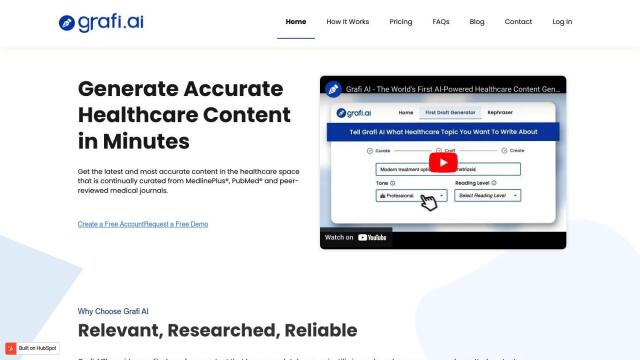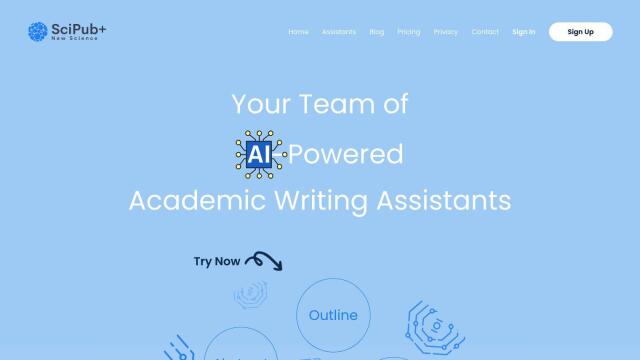Question: Do you know of a tool that can help prevent the spread of misinformation in medical research and publications?

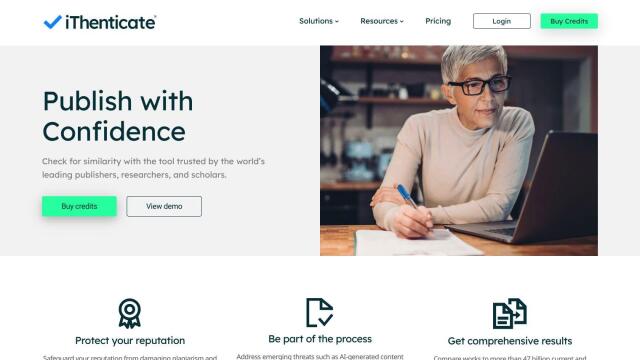
iThenticate
If you're looking for a tool to help stop misinformation from spreading in medical research and publications, iThenticate is a great option. This plagiarism detection software is designed for researchers, publishers and scholars to ensure the integrity of high-stakes content. It compares your work against more than 47 billion web pages, 190 million subscription sources and 81,000 journal articles to identify any text similarity. The tool also has an AI writing detector that spots AI-created content, so it's a good all-around tool to preserve academic integrity.

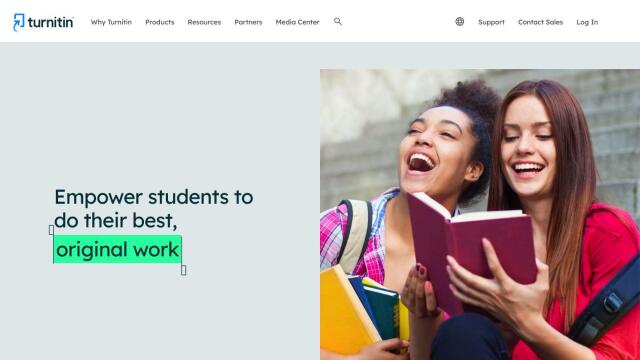
Turnitin
Another option is Turnitin. It's an academic integrity and grading tool that uses sophisticated AI writing detection technology to screen for plagiarism and originality. Turnitin offers a range of tools, including originality checks, feedback and grading tools, all designed to support student success and research integrity. It's good at spotting AI-generated content and contract cheating, too, so it can help you ensure research and publications are authentic.

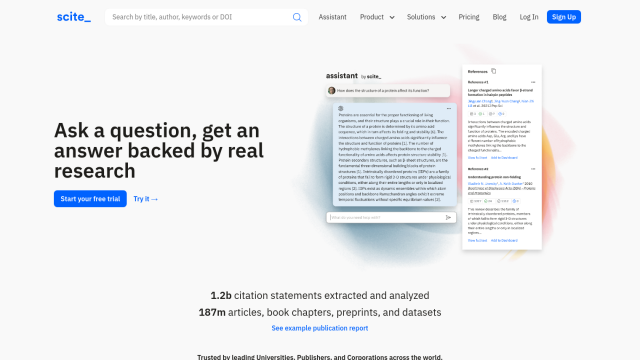
Scite
For a more research-oriented approach, Scite offers a service to find and manage scientific papers more efficiently. It offers Smart Citations that offer context and categorize evidence supporting or contradicting points made in papers. Scite's database has more than 1.2 billion citation statements in 187 million articles, so researchers and publishers can check the integrity of citations and see how papers are being used in the publication record.
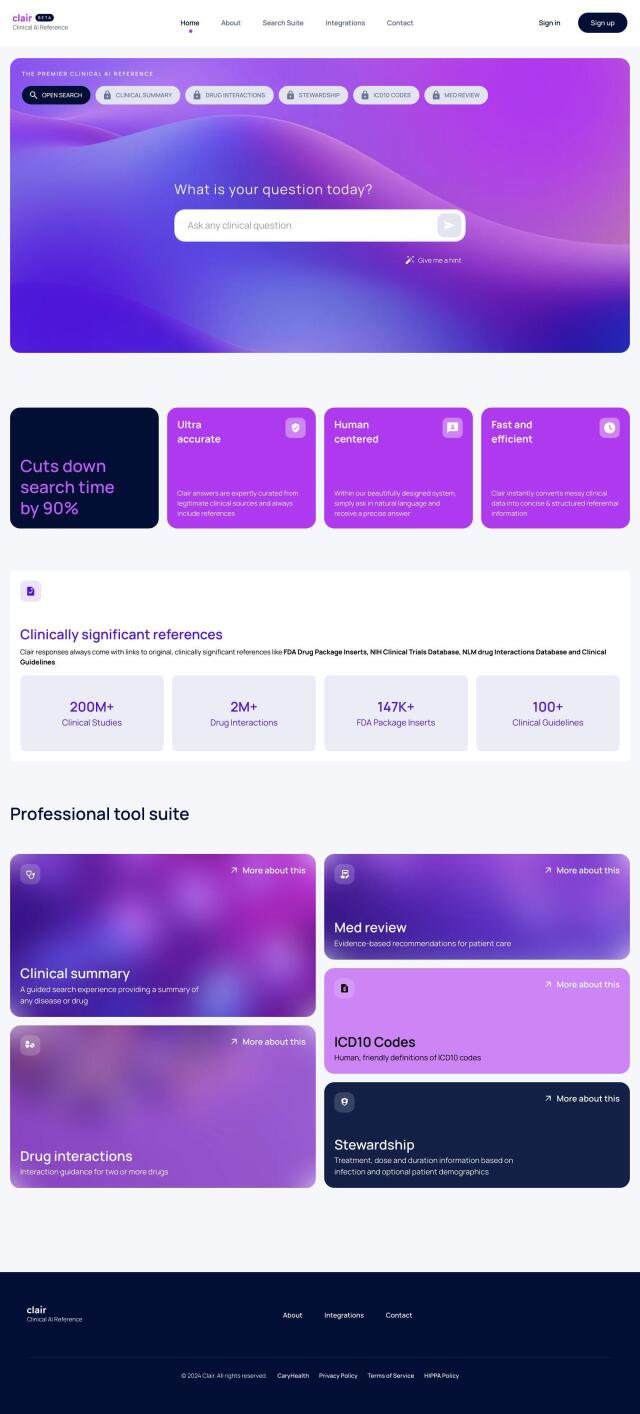
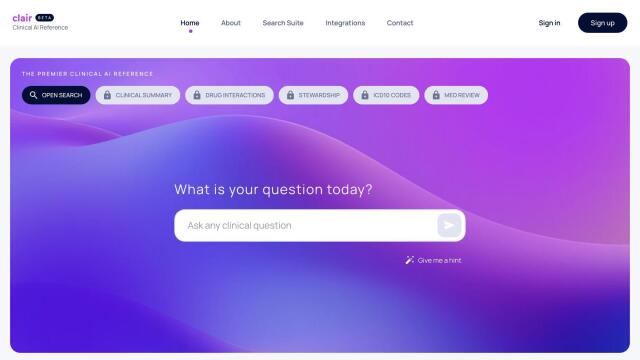
Clair
Clair is another tool that can help with clinical research and decision-making. It's an AI-powered service that offers ultra-precise answers drawn from authoritative clinical sources. With its database of clinical studies, drug interactions and guidelines, Clair can help you streamline clinical research and improve patient care by ensuring information is accurate and up to date.

